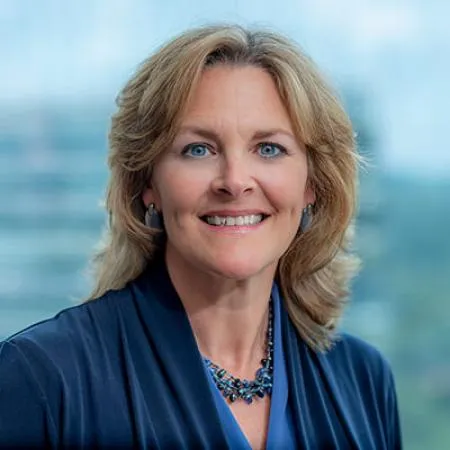
Special Guest Expert - Tana Gildea

Tana Gildea
Tana is a financial advisor, author, and speaker who loves to help people understand and explore the emotional side of money as well as the logical and practical. Tana loves working with the “up and coming” clients helping them to set and work toward financial goals, make shifts as their situation changes, and serve as financial guide as they develop their holistic financial plan. She also has a large contingent of clients at the other end of life’s journey who are perhaps “suddenly single” and need that extra help to transition to a new normal and learn some new financial skills as they manage the retirement phase of life. Regardless of life stage, Tana is a willing partner for anyone looking to come to financial peace-of-mind.
Connect with Tana:
Please Share This With Your Followers
